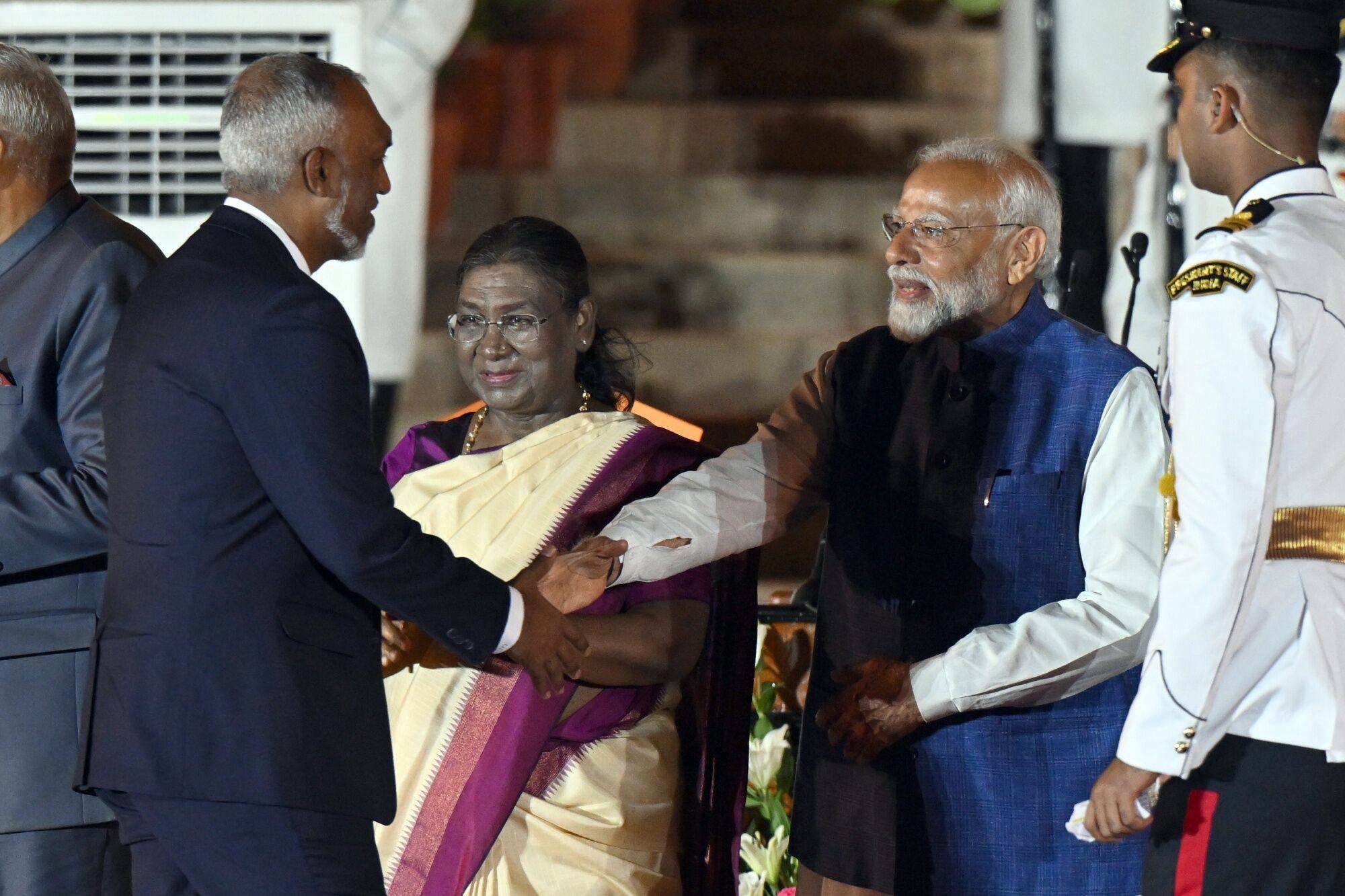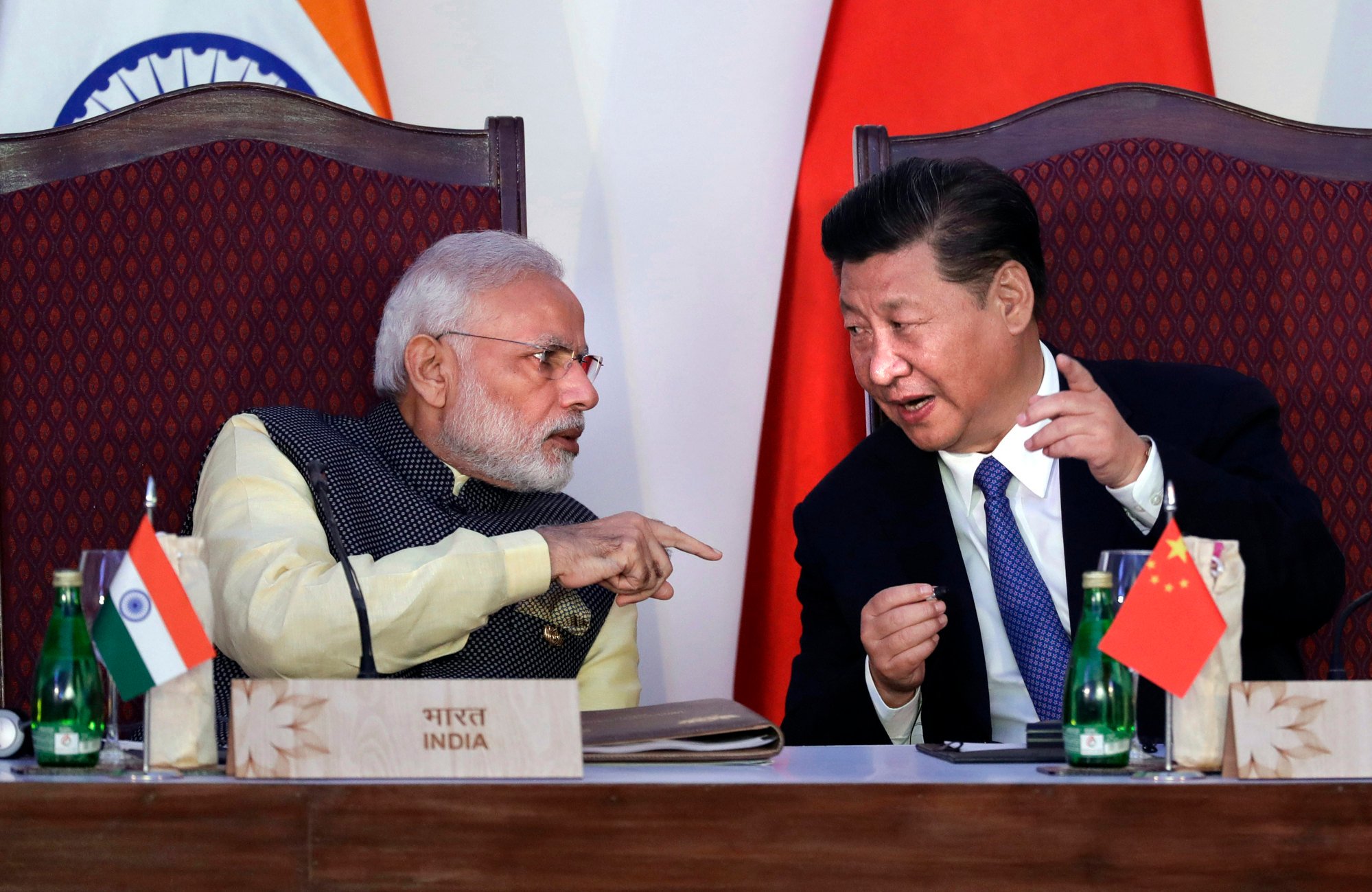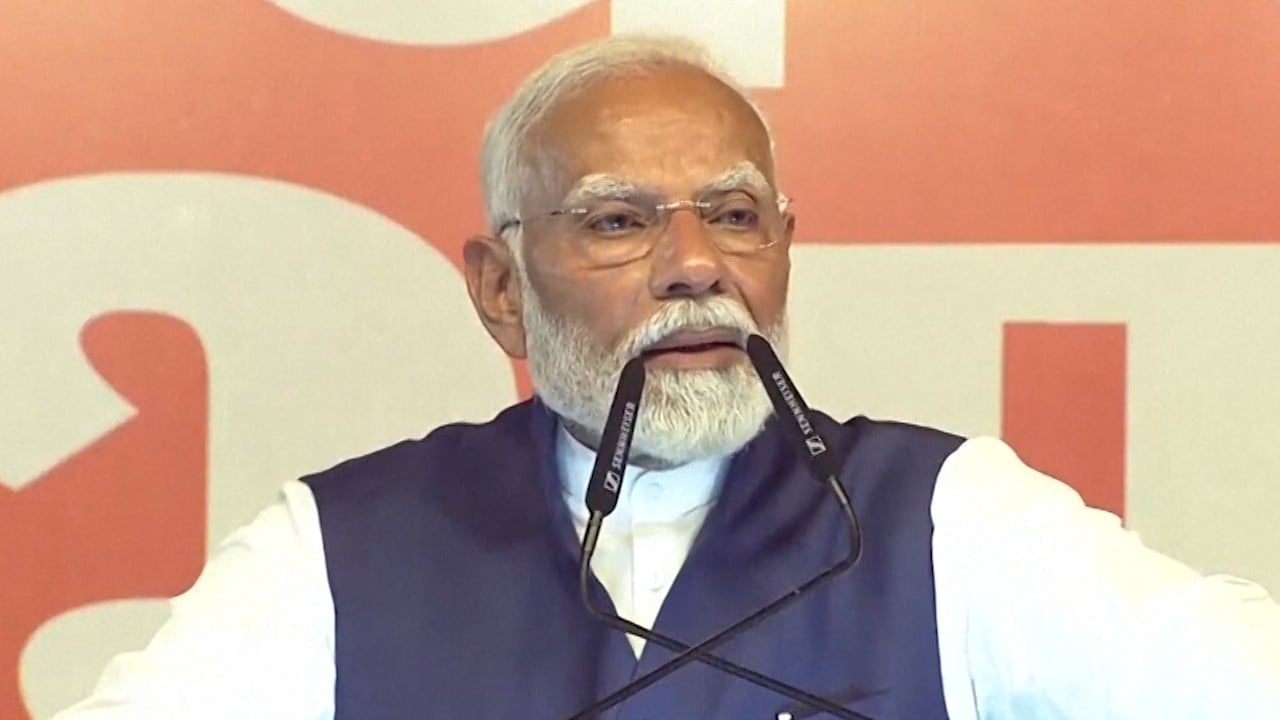“Ultimately Pakistan has not been able to control terrorism from its soil. The Indian government is legitimate in saying that unless it restrains [terrorist groups], we can’t talk with Pakistan,” said Pushpesh Pant, former dean of the School of International Studies at Delhi’s Jawaharlal Nehru University.
A representative from Pakistan was invited to attend Modi’s two previous swearing-in ceremonies in 2014 and 2019.
The Indian prime minister’s Bharatiya Janata Party failed to secure an outright majority in this year’s election, forcing him to rely on other parties to stay in power. Despite this dependency on coalition partners, Modi signalled that his foreign policy approach would remain consistent with Islamabad’s exclusion for the weekend ceremony, according to Pant.
The reappointment of S Jaishankar as foreign minister on Sunday further reflects Delhi’s desire for continuity in its foreign policy, analysts say.
Pant said the BJP’s criticisms of Pakistan during the election campaign and accusations that opposition Congress leader Rahul Gandhi had received support from Islamabad signalled where Modi’s priorities lay.
Harsh Pant, an international-relations professor at King’s College London, said Delhi was unlikely to significantly change its foreign policy. He said Modi’s new government was expected to continue prioritising its “neighbourhood first” strategy by strengthening relations with countries in South Asia and beyond.

“China is here in this neighbourhood … and because of India, they [South Asian countries] drive a better bargain with China,” said Sreeradha Dutta, an international-affairs professor at Jindal Global University in Haryana. “Right now our relations with the Maldives are pretty tense but they do realise they need India.”

One of the beneficiaries of India’s recent bailout efforts was heavily indebted Sri Lanka, which has received more than US$4.5 billion in economic and humanitarian assistance from Delhi. The Maldives has also sought debt relief from India, with outstanding loans to Delhi estimated at around US$400 million as of last year, despite ongoing bilateral tensions between the two countries.
Neighbouring countries will continue to engage with India due to its fast-growing economy, Dutta said.
“They would want to keep the channel of communication with China open, but they will also want to have some level of engagement with India in place.”
“With China, all the rhetoric has been pretty calm and they are talking of a dialogue … They are making efforts to not make ties worse,” Joshi said.
In an interview with Newsweek in April, Modi described India’s ties with China as important and said he hoped that the border dispute could be resolved.
Consequently, India’s relationship with the US is expected to reach new heights, said Chris Blackburn, a London-based international-relations analyst.
“Modi and his team have made sure India is a player on the world stage. India enjoys fantastic relations with numerous power blocs that can stop China’s dominance.”


